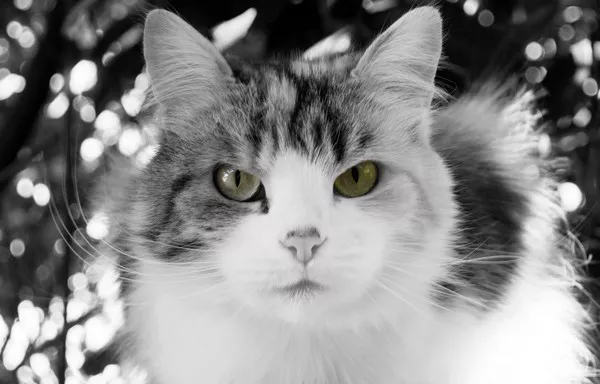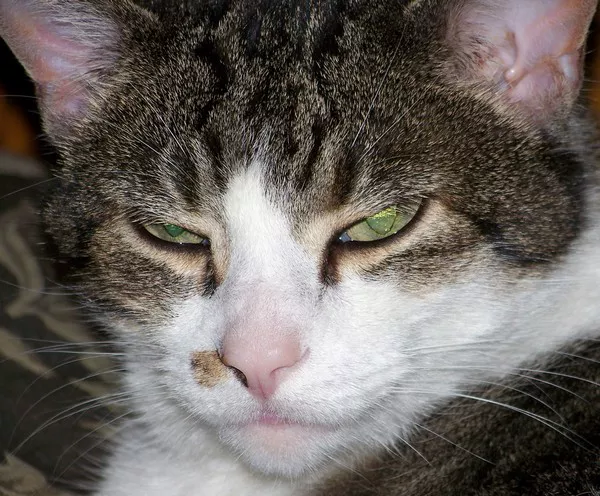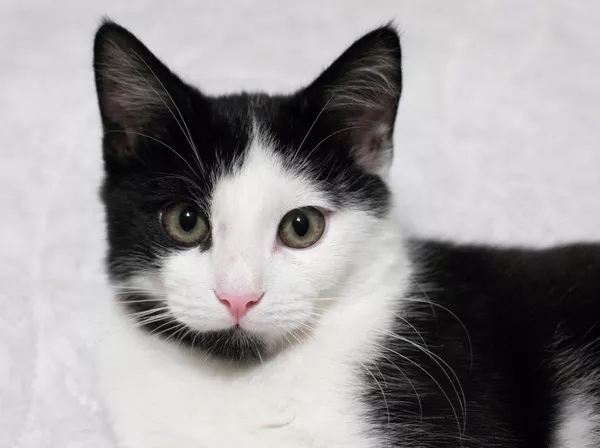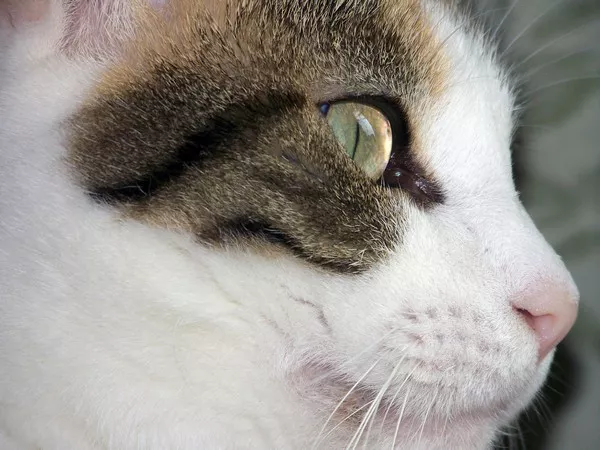Havana Brown cats are a unique and affectionate breed known for their striking chocolate-colored coats and engaging personalities. While they are generally considered healthy, like all breeds, they are susceptible to certain health issues that potential owners should be aware of. This article explores the common health concerns associated with Havana Browns, their prevention, and the overall care required to maintain their well-being.
Common Health Issues in Havana Browns
Despite their generally robust health, Havana Browns can face several health challenges. Understanding these issues is crucial for prospective owners and current caregivers.
1. Dental Disease
Dental health is a significant concern for many cat breeds, including Havana Browns. Periodontal disease is particularly common, stemming from the accumulation of plaque and tartar on the teeth. If left untreated, this can lead to gingivitis, tooth loss, and systemic infections. Regular dental care, including brushing their teeth with cat-safe toothpaste and scheduling professional cleanings, is essential to prevent these issues.
2. Obesity
Havana Browns, like many domestic cats, are at risk of obesity, which can lead to serious health complications such as diabetes, urinary tract disease, and joint problems. Maintaining a balanced diet and ensuring regular exercise is vital for preventing weight gain. Owners should monitor their cat’s food intake and encourage play to keep them active.
3. Urinary Tract Issues
Havana Browns may be prone to developing urinary tract problems, including calcium oxalate stones. These stones can cause significant discomfort and lead to more severe health issues if not addressed promptly. Ensuring that your cat has access to fresh water at all times and feeding them a diet that promotes urinary health can help mitigate this risk.
4. Upper Respiratory Infections (URI)
Upper respiratory infections are common in cats and can affect Havana Browns. These infections are often caused by viruses such as feline herpesvirus and calicivirus. Symptoms may include sneezing, nasal discharge, and loss of appetite. Vaccination can help reduce the severity of these infections, and prompt veterinary care is essential for treatment.
5. Arthritis
As Havana Browns age, they may develop arthritis, particularly if they are overweight or have a history of joint stress. This condition can lead to pain and reduced mobility. Regular veterinary check-ups can help monitor joint health, and maintaining a healthy weight can reduce the risk of developing arthritis.
6. Diabetes
Diabetes mellitus is another condition that can affect Havana Browns, especially those that are overweight. Symptoms may include increased thirst, frequent urination, and weight loss despite a good appetite. Early detection and management, including dietary changes and insulin therapy, are crucial for maintaining a good quality of life.
7. Skin Conditions
Although Havana Browns have a short coat that requires minimal grooming, they can still suffer from skin issues, including allergies and infections. Regularly checking their skin for any signs of irritation or unusual changes is essential. If any issues arise, consulting a veterinarian for appropriate treatment is advisable.
See Also: Are Havana Brown Cats Easy to Train?
Preventive Care for Havana Browns
Preventive care is vital for ensuring the long-term health of Havana Brown cats. Here are some essential practices to incorporate into their care routine:
Regular Veterinary Check-ups: Annual health exams allow veterinarians to monitor your cat’s overall health and catch any potential issues early. Vaccinations and parasite prevention should also be part of these visits.
Dental Hygiene: Establishing a dental care routine early on can prevent many dental issues. Regular brushing, dental treats, and professional cleanings are recommended.
Balanced Diet: Providing a high-quality diet that meets the nutritional needs of your Havana Brown is crucial. Consult with your veterinarian to determine the best diet plan.
Exercise and Play: Engaging your cat in regular playtime not only helps maintain a healthy weight but also stimulates their mind and prevents behavioral issues.
Hydration: Ensuring your cat has constant access to fresh water is essential for urinary health and overall well-being.
Monitoring Weight: Regularly weighing your cat and adjusting their diet and exercise accordingly can help prevent obesity and its associated health risks.
Conclusion
Havana Brown cats are a delightful breed known for their affectionate nature and striking appearance. While they are generally healthy, they are susceptible to certain health issues, including dental disease, obesity, urinary tract problems, and more. By understanding these potential health concerns and implementing preventive care practices, owners can ensure their Havana Browns lead happy, healthy lives. Regular veterinary visits, proper dental hygiene, a balanced diet, and plenty of exercise are key components in maintaining the health and well-being of these charming feline companions.
Related Topics























